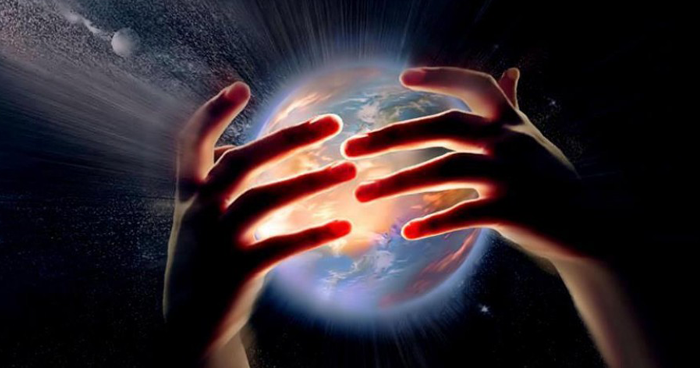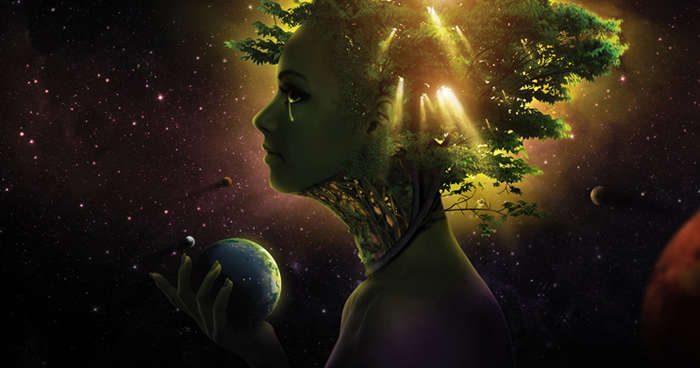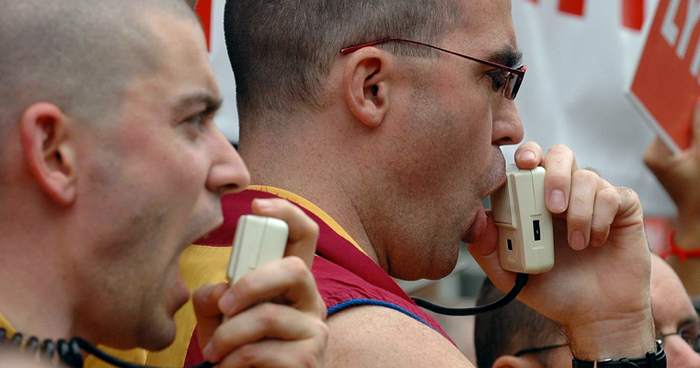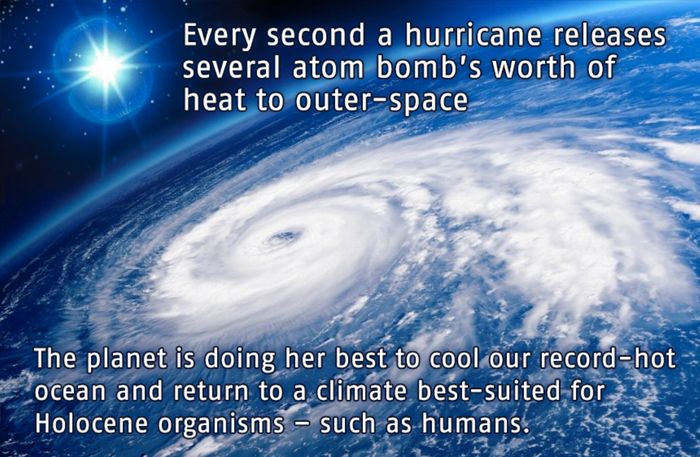Collaborating with Gaia
October 2, 2015

Choosing a Regenerative Lifestyle
The Gaia hypotheses, first proposed by James Lovelock, is the idea that our planet as a whole is self-regulating complex system that contributes to maintaining the conditions needed for life. This is to say that organisms co-evolve with their environment. We impact our environment, and our environment shapes us.
Human actions, however, are clearly more often motivated by narrow self interest than co-evolution with our biosphere. What would happen if we chose to believe the world is supporting us towards optimum health and vibrancy, rather than just thinking of the natural world as just material resources to be exploited? And, if we are to choose to believe that natural systems are supporting us towards thriving as living organisms, how does it look when we consciously collaborate with this system?
The Biology of Belief: Unleashing the Power of Consciousness, Matter & Miracles by Bruce Lipton is a great starting point for understanding how our inner ecology, and beliefs shape our world from the inside-outward. In a previous article, Ending the Conquest of Nature (which I also highly recommend), we explored some of the historical roots to these damaging belief systems. It is clear that we are on a journey from darkness into light when we can shift from destructive mind-sets to more creative and collaborative ways of viewing our place in the world.

Shifting from destructive mind-sets to more creative and collaborative ways of viewing our place in the world
I am always amazed to discover how many environmentalists harbor an unspoken self-hatred for humans and what we have done to the planet. This inner belief is perhaps one of the greatest reasons we have not taken better care of ourselves, and the planet.
We have these extremes playing out – we have those who think going into a cave and meditating will solve the world’s problems, and others who angrily take to the streets demanding radical change.
What if those with a spiritual understanding adopted some real-world political action, and those environmental activists began to embrace some basic spiritual principles? This kind of balance might do wonders towards creating a better future for us all, and I think we are starting to see this happen!

Real-world political action and spiritual understanding
The way we use language is a doorway into our belief systems, and introducing new words (or making them up) can help change the way we perceive the world around us. My friend Brian Malis uses the term “permachology”, which is a combination of permaculture, sustainable, regenerative practices that work in natural systems and applying them to psychology. Self-care, eating the right food, feeding your brain with uplifting information, doing yoga, going on hikes, relaxing etc., puts a person in the optimum place internally to interact with their environment in healthy ways. If we can honor the divinity within us, we are a whole lot more likely to see it in the world around us.
“Pronoia” is another great word for shifting the way we perceive the world. It is the opposite of paranoia, and is the sneaking suspicion that the universe is secretly conspiring to help you. In this same regard, random acts of kindness contribute to a larger sense of being loved, supported, and nurtured in this world. If we all embraced these beliefs and practiced them, how might that change the world around us?
During the recent hurricanes, Anthony Colombo of Dreamspace posited this powerful question: Understanding the nature of dreams enables us to see opportunities within problems. What is the “dream” of Planet Earth?
We discussed how to spark dialogue about the ways that people perceive climate change and hurricanes. Environmentalists might infer that hurricanes are nature’s way of punishing us humans, like bad little kids, for too much carbon emissions. What if we reframed it to consider that hurricanes are nature’s way to cool the oceans and planet to support us so that all of life can continue to thrive?
There is scientific data to support this so we worded it into a meme and to our surprise it was shared 1,500 times in the first 24 hours! It is a complex issue and our objective wasn’t to simplify absolute science, but to spark a dialogue about the ways that we perceive hurricanes. The comment thread was invigorating; you will learn a lot if you read through it. We discovered much better ways to word the concept, and were able to co-evolve shared beliefs by challenging each other to change the way we see what is happening in our world. Social media allows us to all participate in virtual think-tanks.

What if we reframed it?
We are currently engaged in a global problem-solving experiment as we are faced with many hurdles. Understanding how we got here is important, but exploring ways to change the internal beliefs and external lifestyles that have contributed to these problems is paramount to our evolution. This emergent process can be messy at times; it can also be collaborative and fun! Each of us has a very special piece to this puzzle, what does yours look like?
Learn more about the Gaia hypothesis and consider some creative ways you can adopt this belief to benefit your life and the life of those around you. We have the capacity to be regenerative, or destructive with our beliefs and actions – what will you choose?
Reprinted from http://upliftconnect.com/collaborating-with-gaia, September 25, 2015
Jacob Devaney is founder and director of Culture Collective, creative activist, musician, and producer


